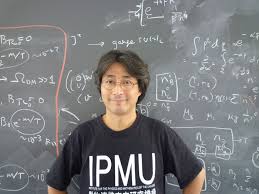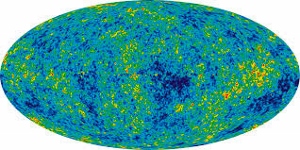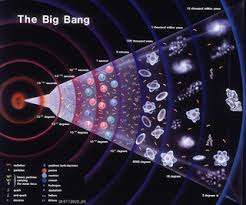Main Menu
Latest Blog Entry
User login
The Uncertainty Principle: From the Big Bang to Dark Energy Review
“Physics is uncertain. There is an overall predictability of patterns, but individual prediction is hard”
 Hitoshi Murayama, Tokyo University.
Hitoshi Murayama, Tokyo University.
I took this 5 week course due to having an interest in Astronomy and the big ideas of the Universe.
I have seen Martin Rees, Michio Kaku and Simon Singh present on various themes and read their books on “Space science“.
I thought this course would help me understand more. I was unprepared for the mathematics that would be involved (which caused more than one cup of coffee being spilt by me banging the table in frustration).
Answering the big questions
The course was based around answering these questions:
- How did the Universe begin?
- What is its fate?
- What is it made of?
- What are its fundamental laws?
- Where do we come from?
 The video lectures by Murayama were entertaining, and very interesting. I got lost with some of the maths (well, most of it), but the concepts were well explained.
The video lectures by Murayama were entertaining, and very interesting. I got lost with some of the maths (well, most of it), but the concepts were well explained.
Atoms make up less than 5% of the Universe (pictured), the rest is made up of Dark Matter and Dark Energy.
The Universe was crumpled at the beginning, then has gradually smoothed out. This has left some wrinkles in the patterns and density of matter (pictured). This explains why there are clusters of galaxies together.
How scientists are discovering and measuring these concepts was explained really well in the course. Massive collaborative projects that are underground such as the hadron collider, group arrays of telescopes, the Hubble Telescope and underwater stations.
Patience and luck seem to be two of the main factors responsible for discoveries.
The big numbers
 It is hard to grasp the sheer size of what is out there. The Universe started out less than the size of a virus and expanded into galaxy size in less than 1 second.
It is hard to grasp the sheer size of what is out there. The Universe started out less than the size of a virus and expanded into galaxy size in less than 1 second.
The initial state was one of disorder because of the heat and energy being released.
When it cooled (?) to 4 quadrillion degrees the Higgs Boson was able to freeze. The Higgs Boson is a crucial component because it slows (!) every elementary particle down to the speed of light.
It keeps our atoms together; without it we would evaporate in a second. Electrons are therefore able to fly around the atom without falling apart.
Some galaxies are colliding at a speed of 4500km/ sec!This can be seen by light being distorted due to the mass distorting gravity and light bending. If you can get out at night and look up at a clear sky, think of what is happening up there.
Summary
I really enjoyed learning about the history of the Universe, and what it contains.
There were no reading materials associated with the course which I thought was poor. Each of the MOOCS I have done has had different materials associated with it. The best have a balance of video and links to reading materials, along with the homework assignments, exams and discussion forums.
The maths involved in the course was horrendous, and there was no warning beforehand. If it had stated “You should be familar with advanced mathematics” then I would have taken a different course.
The graduate assistant setting the homework realised this and added some remedial videos. But, my time is limited and if I had wanted to do a maths course, I would have! I still managed to get 83.6% for the overall course.
I am no scientist, but I like studying and reading proper science. This course gave me a greater understanding, for which I am grateful and inspired.
Next up for me “The Fundamentals of Neuroscience” run by Harvard: switching to the science of the very small.
Client Testimonials
 Exeter Chiefs Rugby Academy
Exeter Chiefs Rugby Academy
James was in sole charge of fitness related matters, organising and implementing training programmes... also provided players with mentoring and advice on nutritional needs. He varied the programmes and was keen to keep ideas fresh and designed activities suitable to help young rugby player's progress. James was keen to put time into the thought process of his ideas and carry out to a very high standard.
More

